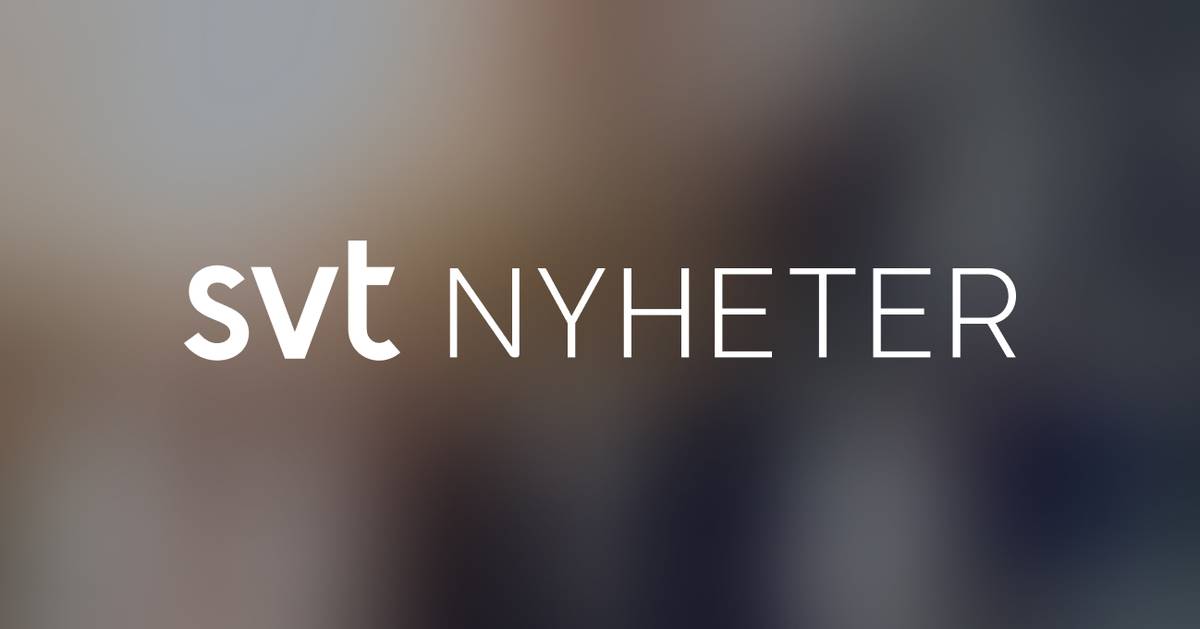The recent interest rate increases, among other things by 100 points from the Riksbank most recently, together with high inflation are eroding the purchasing power of households, states KI.
"The weak demand trend will lead to the Swedish economy entering a recession next year.
The labor market is still strong and the number of employed people has increased rapidly this year.
The recession next year means that the demand for labor will be lower and unemployment will increase," writes KI in a press release.
The assessment is now that unemployment will rise to 7.7 percent next year and then peak at 8.0 percent in 2024.
Diminished expectations
This at the same time as inflation according to the CPIF measure amounts to 4.6 percent next year and then drops drastically in 2024 to 0.5 percent.
At the same time, Swedish households are also becoming increasingly gloomy about the economy.
The Economic Institute's (KI) barometer indicator fell in September by 6.4 units to 90.8 when all sectors contributed to the decline, writes KI.
The household confidence indicator fell again sharply and is thus noted for a new low, this mainly when households' expectations of their own finances in twelve months have deteriorated, writes KI.

